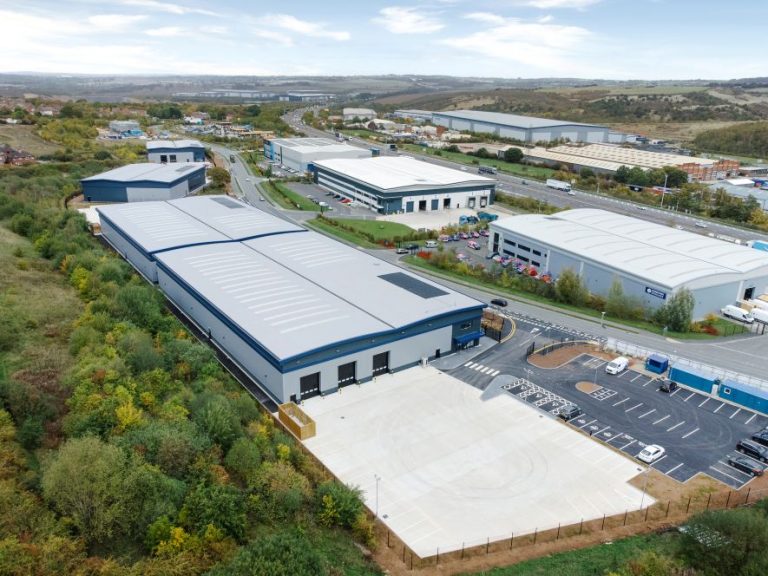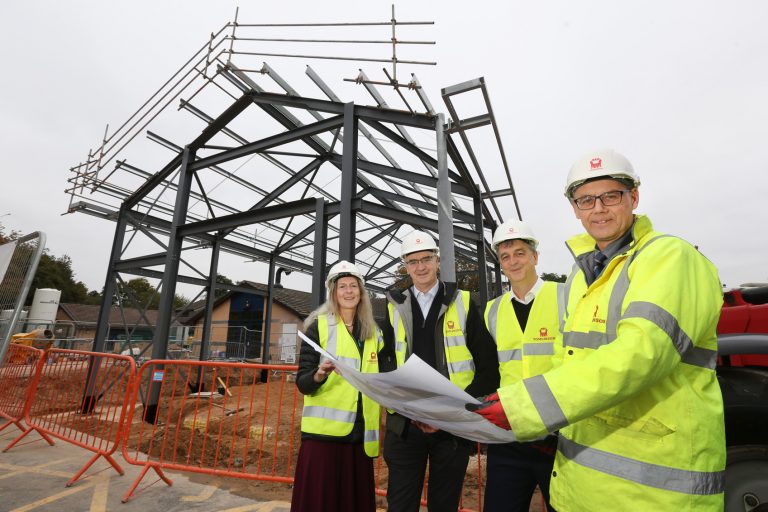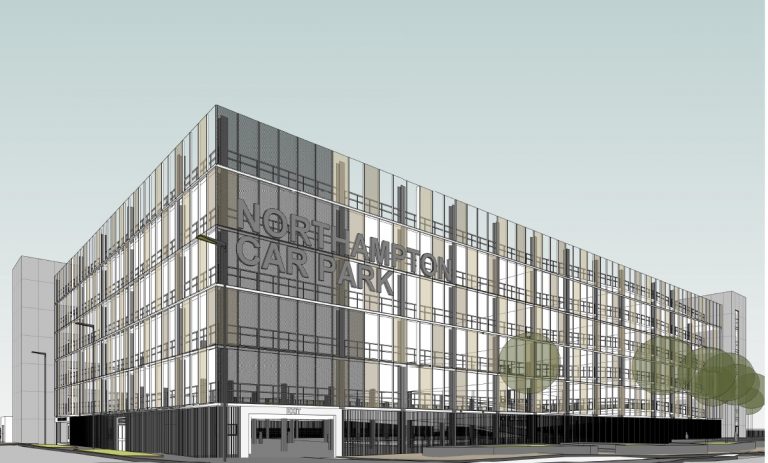Food and drink gift company “thriving” following Dragons’ Den rejection
Marginal GDP rise fails to ease strain on East Midlands firms
UK GDP grew by just 0.1% in August, following a revised 0.1% decline in July, according to the Office for National Statistics. Over the three months to August, the economy expanded by 0.3%.
While this uptick signals a slight recovery, it does little to relieve pressure on businesses across the East Midlands. Many firms continue to face high operating costs and limited consumer demand as they anticipate the Autumn Budget on 26 November, which could introduce further tax rises.
East Midlands Chamber Director of Policy and Insight Richard Blackmore said: “With the Autumn Budget just weeks away and increasing speculation of tax rises of some kind, businesses will be anxious. A slight rise of 0.1% in monthly GDP will be of little comfort to firms that had higher costs imposed on them from the last Budget and don’t want more headaches.”
The region’s business community remains concerned about inflation and corporate taxation, issues that continue to weigh on margins and investment decisions. Previous policy measures, including higher National Insurance contributions and increases to the national living wage, have already tightened cash flow for employers.
Industry leaders are urging the government to prioritise business-friendly reforms in the upcoming Budget, particularly those related to Business Rates and investment incentives. With growth sluggish and confidence fragile, firms are seeking fiscal measures that support expansion rather than impose new financial burdens.
Major milestone reached at £20m ARK scheme
Plans revealed to transform Nottingham’s Hanson House site into student accommodation
Light Science Technologies renews partnership with global lighting supplier
Derby-based manufacturer Light Science Technologies Holdings has renewed its 12-month distribution framework with Gavita International, a major supplier of horticultural lighting.
The agreement continues to cover the distribution of Gavita’s lighting systems for controlled environment agriculture, including installations across glasshouses, polytunnels, and other indoor growing facilities. It supports Light Science Technologies’ AgTech division, which develops solutions to enhance sustainable food production in response to global food security and climate challenges.
Since the collaboration began in early 2025, the pipeline of potential projects linked to the agreement has more than doubled, rising from around £10 million to over £24 million. The company has already completed international installations under the partnership, including a project in Poland, and is pursuing new opportunities across Europe and other markets.
Light Science Technologies continues to operate through its three divisions: controlled environment agriculture, contract electronics manufacturing, and passive fire protection. The extension of the distribution deal aligns with the firm’s strategy to expand its global reach and strengthen its position in sustainable agriculture technology.
Travis Perkins sees sales rise in third quarter
Travis Perkins has seen revenue rise in its third quarter, as actions taken to sharpen its competitive proposition in the Merchanting segment have improved sales performance.
Group like-for-like sales were up 1.8%, with Merchanting revenue up 1.7%. Trading at Toolstation, meanwhile, was “solid,” with like-for-like revenue growth of 2.3%.The business noted that it continues to make good progress on enhancing cash generation which is further strengthening the group’s balance sheet.
Geoff Drabble, chair of Travis Perkins plc, said: “As we outlined at our half year results, in the third quarter we have consciously focused on building top-line momentum and regaining market share in the Merchanting businesses. I am pleased with how our teams have responded to this challenge with Merchanting returning to revenue growth and our operating performance stabilising.
“In what remains a highly competitive market, we have invested in pricing and targeted promotions and will continue to do so in the near-term. We continue to demonstrate good discipline on capital allocation and overheads which will allow us to reinvest in our proposition and position the Group well as we look forward to Gavin Slark’s arrival as CEO in January.”
Building work starts on national MRI facility at the University of Nottingham
Major redevelopment near Northampton Station set for approval
A significant redevelopment project near Northampton Railway Station is expected to move forward following a recommendation for approval by West Northamptonshire Council’s Strategic Planning Committee.
The proposed scheme, led by Blocwork LLP and Network Rail, outlines plans for a six-storey residential building with up to 280 homes, a five-storey hotel with around 100 rooms, and a six-storey multi-storey car park providing 866 spaces. The project forms part of a wider plan to modernise the station area and improve connections with the town centre.
Initial designs proposed an eight-storey car park with more than 1,100 spaces, but the height and capacity were scaled back to address local traffic and visual concerns. The mixed-use scheme is intended to revitalise an underused site next to the station, offering new housing and hospitality facilities while supporting sustainable transport links.
The development will be reviewed by the Strategic Planning Committee, which is expected to approve the proposal. The project is being positioned as a key step in Northampton’s ongoing regeneration strategy, enhancing the area’s role as a gateway to the town and supporting its long-term economic growth.
Toyota backs new micromobility research in Derbyshire
Toyota will lead a £30.3 million research and development project in Derbyshire to create a lightweight battery electric vehicle aimed at the urban mobility market. The initiative, funded under the UK Government’s DRIVE35 Collaborate programme, includes a £15 million grant from the Department for Business and Trade through the Advanced Propulsion Centre (APC).
The project will focus on validating a small, lightweight electric vehicle in the L6e category, designed to address rising demand for sustainable transport in dense urban areas. Manufacturing and testing will take place at Toyota Manufacturing UK’s Burnaston facility, reinforcing the company’s long-term investment in Britain’s automotive R&D sector.
The vehicle will feature an integrated solar roof, enhanced connectivity, and sustainable lightweight materials intended to support recycling and resource recovery.
The consortium brings together industry and academic partners, including ELM, which specialises in lightweight delivery vehicles; Savcor, leading the development of solar photovoltaic roofs; and the University of Derby, which will research user behaviour and the role of solar energy in micromobility. Toyota Motor Europe will contribute by supporting skills development among the Burnaston team.
Rik Adams, Innovation Delivery Director, The Advanced Propulsion Centre UK, said:
“APC is very proud to be able to support Toyota with this Electric Vehicle (EV) urban mobility project, which embodies much of what DRIVE35 aims to support – innovation, UK competitiveness, productivity, and zero emission vehicles. As an integral part of the UK automotive industry, we are delighted that Toyota is partnering with some of our innovative SME businesses, such as ELM, and our world-class academics from the University of Derby, to deliver a cutting-edge vehicle concept designed, developed, and tested in the UK.”
The collaboration aims to strengthen the UK’s competitiveness in low-carbon vehicle innovation and promote growth across the electric mobility supply chain.












